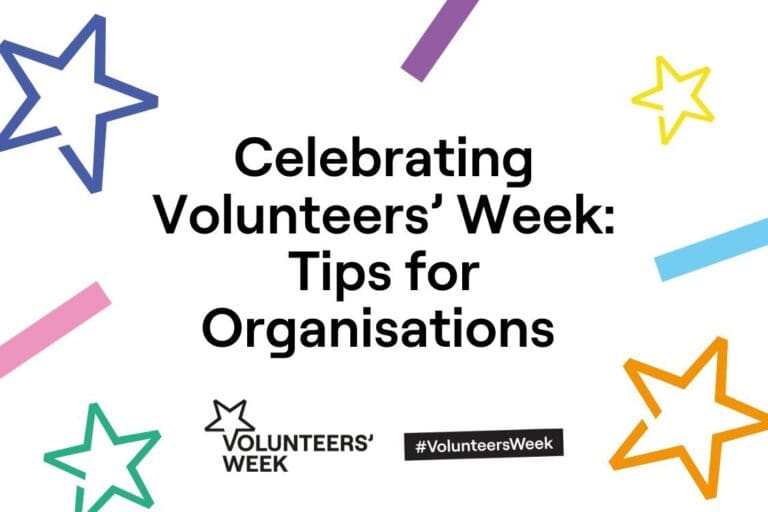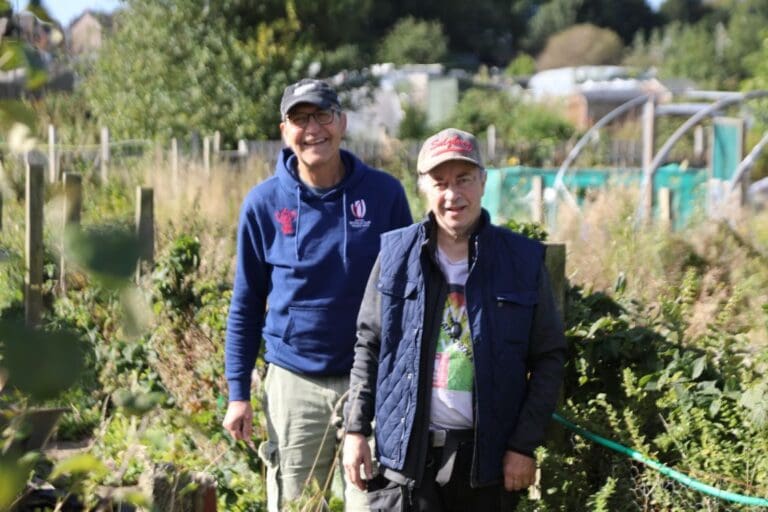How your board works together as a group is vital and improving this is often a key development need for boards. Some of the things that you can do to help to ensure ideal behaviour in meetings include:
- Effective chairing: A chair should spend their time listening, moving the discussion on, and then summarising. At the end of each agenda item the chair should ensure that everyone is clear about the outcome reached. A good chair will encourage everyone to have some input.
- Making sure that the meeting does not get bogged down in formalities: Whilst meetings should be conducted in an orderly way, there is no need for overly formal procedures. It is not necessary for every issue under discussion to be proposed and seconded, or to be put to a formal vote. Sometimes, voting will need to be by show of hands, especially where there is a different of opinion, but in many scenarios, decisions are reached by consensus, with the chair summarising the agreed position.
- Adopting some meeting protocols: These could include not participating in peripheral conversations during the main meeting; limiting use of telephones, tablets and computers; and, of course, ensuring that there is no aggressive, or rude behaviour.
- Ensuring that trustees can meet socially: This could just be during refreshment breaks at the meeting itself. This helps to address conflicts and gives opportunities for matters to be discussed appropriately outside the meeting.
- Mix things up with different styles of board meetings: Not all meetings need to be held in the same formal way. Sometimes, it can be useful to create opportunities to think aloud and for creative thinking (e.g. brainstorms and small group working).
Any further queries? VODA can offer support, advice and training to your VCSE group. Please contact VODA’s Core Services Team by telephone on 0191 643 2636 or by email on development@dev.voda.org.uk.






